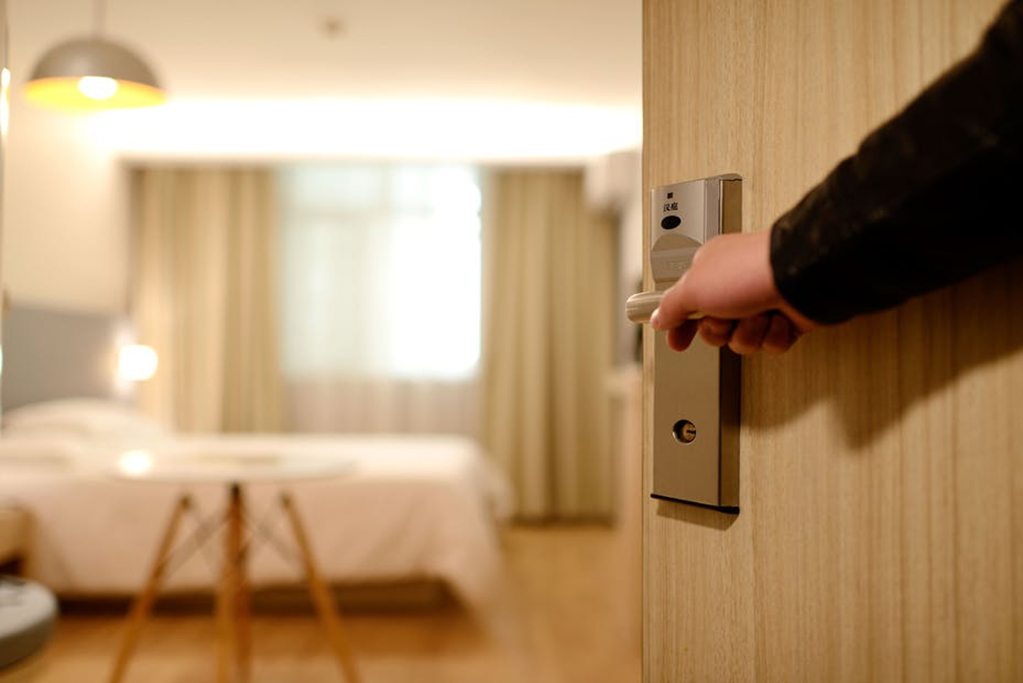How Ineffective Hotel Audits Are Causing Companies to Overspend

Skift Take
Companies invest a lot of time, money, and resources into their preferred hotel program, so it’s important to get it right. While successful negotiations are an important part of the process, having an effective audit in place to ensure rates are available also plays a major role in maximizing a company’s hotel spend. However, the value of rate audits for hotel programs is often overlooked.
There are a number of reasons why a company should embrace rate auditing to ensure full transparency of their hotel program. First, preferred rates aren’t always properly loaded into the distribution system. According to corporate travel management provider BCD Travel, 15 percent to 30 percent of corporate rates aren’t loaded during the first round of audits typically executed shortly after program implementation. It’s also common for hotel properties to limit the number of rooms eligible for discounts––meaning that companies aren’t getting the deals they should be getting at all times. Additionally, hotel booking costs often vary from source to source. A single hotel room may be listed under different prices depending on where the traveler is looking. Finally, new technologies have led hotels to refine their pricing systems, causing room rates to regularly fluctuate.
The stakes are high. BCD Travel found that mid- to large-sized companies that don’t perform standard rate audits are likely to pay more than they should for hotels. For every $5 million a company without an audit spends on hotels, it overspends by $122,500.
Despite the risk of losing out on savings, companies don’t seem to be emphasizing the importance of performing audits as often as they should be. “Most travel managers audit rate loading, but not many audit rate availability. One reason for this is cost. They don’t think they need to spend money on a third-party to audit the availability of rates. Another reason is a gap in understanding the extent of the issue with availability,” says Marwan Batrouni, vice president, global hotel strategy, at BCD Travel. “Ultimately, if they don’t audit, they won’t have visibility into how their preferred suppliers are performing. Are hoteliers holding their end of the bargain? If their preferred hotels are not available 30 percent, 40 percent, 50 percent of the time or more, there’s a red flag.” Auditing and looking for trends is the only way to gain that visibility.
With so much effort going into managing a preferred hotel program, reaping the full benefits is key to having a successful corporate travel strategy. Embracing regular rate auditing is one action a company can take to help make sure they’re getting the most out of their travel spend.
This article was created collaboratively by SkiftX, corporate travel consultancy Advito, and BCD Travel, a global leader in comprehensive hotel program management, from sourcing and booking to compliance and traveler satisfaction. To learn more, please visit BCD Travel.




